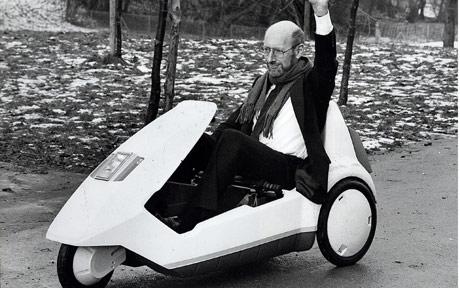AT&T Unix contained the error message "lp0 on fire", which indicates a serious jam on the line-printer device, that could potentially cause a fire with certain types of high-speed printers (drum printers) in use at the time.
I was too young to be in the gold-rush years of the home computer boom (I got my first computer, an Amstrad CPC464, in December 1984), but I was just entering the the software business at the end of it, in the mid-1990s when the death of Atari and Commodore pretty much killed the "home" computer market. I had, and still have, an Atari Falcon030, which was the last computer that I bought completely with my own money (everything since then has been either employer-subsidised, or written off against my income-tax).



